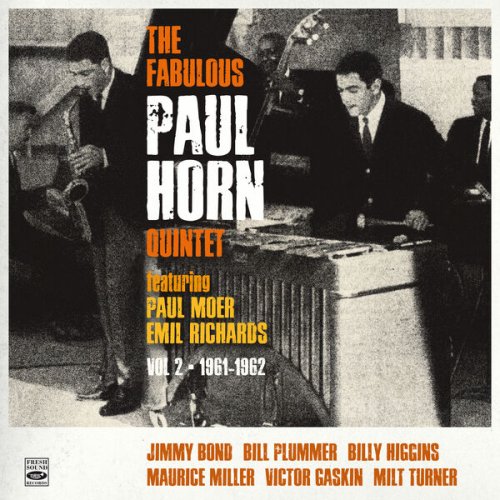Artist:
Sara Costa, Fabiano Casanova
Title:
Glinka, Balakirev, Rachmaninoff: Russian Music for Piano 4 Hands
Year Of Release:
2019
Label:
Da Vinci Classics
Genre:
Classical
Quality:
FLAC (tracks)
Total Time: 51:54
Total Size: 152 MB
WebSite:
Album Preview
Tracklist:1. Sara Costa & Fabiano Casanova – Capriccio sur des thèmes russes (07:54)
2. Sara Costa & Fabiano Casanova – Suite for Piano Four Hands: I. Polonaise (06:19)
3. Sara Costa & Fabiano Casanova – Suite for Piano Four Hands: II. Chansonnette sans paroles (03:52)
4. Sara Costa & Fabiano Casanova – Suite for Piano Four Hands: III. Scherzo (06:11)
5. Sara Costa & Fabiano Casanova – Six morceaux, Op. 11: No. 1 in G Minor, Barcarolle. Moderato (06:03)
6. Sara Costa & Fabiano Casanova – Six morceaux, Op. 11: No. 2 in D Major, Scherzo. Allegro (03:02)
7. Sara Costa & Fabiano Casanova – Six morceaux, Op. 11: No. 3 in B Minor, Russian theme. Andantino cantabile (05:58)
8. Sara Costa & Fabiano Casanova – Six morceaux, Op. 11: No. 4 in A Major, Valse (04:04)
9. Sara Costa & Fabiano Casanova – Six morceaux, Op. 11: No. 5 in C Minor, Romance. Andante con anima (03:44)
10. Sara Costa & Fabiano Casanova – Six morceaux, Op. 11: No. 6 in C Major, Slava. Allegro moderato (04:42)
What makes Russian music “Russian”? This blunt question (whose very formulation becomes increasingly risky in an age of political correctness) was however crucial both for the composers whose pieces are recorded in this Da Vinci Classics CD, and for their Western listeners, though in a markedly different fashion. In the West, Russian music was frequently perceived as exotic, picturesque, fascinating – but rather in the style of an outlandish curiosity. For Russian composers, the struggle to find a genuine “national” style was a much more serious matter, which involved their very personal and collective identity, and over which lots of ink were split and endless debates took place. On the one hand, in fact, “Russia” and “music” were so strictly intertwined with each other that it was virtually nonsensical to question the existence of an idiosyncratic “Russian” music. One of the greatest Russian authors, Gogol’, summarized this situation perfectly: “What an opera one could make out of our national motifs! Show me a people that has more songs. Our Ukraine rings with song. Along the Volga, from source to sea, on all the drifting trains of barges the boatmen’s songs pour forth. To the strains of songs huts are carved from pine logs all over Russia. To the strains of song bricks are thrown from hand to hand and towns spring up like mushrooms. To the sound of women singing Russian man is swaddled, married, and interred. All traffic on the road, whether noble or commoner, flies along to the strains of the coachman’s song. By the Black Sea the beardless, swarthy Cossack with resined moustaches sings an ancient song as he loads his pistol; and over there, at the other end of Russia, out among the ice floes, the Russian entrepreneur drawls a song as he harpoons the whale. Do we not have the makings of an opera of our own? Glinka’s opera is but a beautiful beginning”.
However, it is precisely in these very words by Gogol’ that we may guess the other aspect of the question. Russia wanted to have a national opera of its own: and while “national” Russian music was abundant, pervasive and ubiquitous, opera was a musical genre deeply rooted in what we now call the “Western classical tradition”. How could then Russia express its musical uniqueness by way of genres, instruments and styles which originated from other contexts?
This was the question to which Mikhail Glinka successfully attempted to provide an answer with his operas, first and foremost with A Life for the Tsar: soon after its premiere, it was acclaimed as the first “Russian” opera, and its composer as the father of Russian “classical” music. Glinka’s role in shaping this facet of Russian culture can be guessed when one considers that Pushkin is hailed as “the sun of poetry”, and Glinka as “the Pushkin of music”. And, different from the fate of many of his Western contemporaries, Glinka’s fame was not only posthumous: rather, he was venerated as a musical patriarch during his lifetime, and thus he could exert his active influence on many younger composers in a very direct and effective fashion.
Glinka’s musical education and his personal background were also very different from those of many Western Romantic composers. He came from a wealthy family; his uncle had encouraged musicianship among his serfs, so that they had established an orchestra which performed regularly. As a child, Glinka was taught piano and violin; and while he would become more proficient in the former instrument than in the latter, he was however capable to join the ranks of the orchestra during his school holidays. Later, he would also have the possibility of rehearsing with this orchestra – an extremely valuable opportunity for a young man who was passionate about music and who was attempting to write his first compositions. During his study years in St. Petersburg, he also had the chance to study for a short time under the guidance of John Field, one of the greatest pianists of his time, a touring virtuoso, and the composer of some Nocturnes of exquisite beauty, some of which are rightfully considered as the direct ancestors of Chopin’s.
Opera, however, was the genre which fascinated Glinka most; and this was at a time when St. Petersburg was welcoming the Italian culture and influence in many artistic fields. Glinka longed to visit the fatherland of this genre, and was finally granted the possibility of travelling to Italy when the doctors advised him to move to a warmer climate. In Italy, he met many of the greatest operatic composers of the era, and was, for a short time, a student at the Conservatory of Milan. Later, and following the advice of one of his Milanese acquaintances, he continued his musical training in Berlin under the guidance of Siegfried Dehn, a famous theorist who provided Glinka with a deeper knowledge and mastery of harmony and counterpoint than he had hitherto received.
One of the first fruits of Dehn’s teaching, composed precisely during Glinka’s stay in Berlin, is in fact the Capriccio on Russian Themes recorded on this CD, which was written along with two movements of an unfinished symphony, again on Russian motifs. These historical circumstances are therefore very relevant for understanding the role of this composition in Glinka’s own development and as a preparation for the creation of A Life for the Tsar: on the one hand, in fact, the fruits of Dehn’s teaching are easily recognized in Glinka’s newly-found mastery of polyphonic writing, which was put to test in a work for four-hands piano, and which marks a difference between this work and his earlier, lighter compositions for solo piano. On the other hand, while Dehn had provided Glinka with the professional tools of the Western composer, the separation from his homeland had perhaps awakened, in Glinka, the desire to find a “Russian” vein, to apply those tools to the rich heritage of tunes, modes and harmonies typical for the Russian music. All of this would shortly converge in Glinka’s composition of A Life for the Tsar.
Tunes from that successful opera was employed by a younger composer, Mily Balakirev, in one of his very first piano compositions, a Fantasy paying homage to the themes of the first “Russian” opera while using pianistic features closer to the style of Chopin and Liszt than to Field’s. Similar to Glinka, also Balakirev came from an important family, and, in turn, he had the rare and valuable opportunity to work closely with an orchestra, that of his patron, Count Ulybyshev. Following the death of his aristocratic supporter and of Glinka himself, to whom he had been introduced by Ulybyshev, Balakirev decided to continue on Glinka’s footsteps; his devotion to the older composer is also shown in the edition he realized of many of Glinka’s hitherto unpublished works, among which the Capriccio recorded here. In turn, Balakirev would become an enormously (for many, exceedingly so) influential figure in the Russian musical panorama, as the founder of “The Five” (or “The Mighty Handful”, as they are known in Russia) and the guide who prompted the composition of such works as Čajkovskij’s Romeo and Juliet and Manfred.
The same Čajkovskij, in turn, would act as a mentor for young Sergej Rachmaninov, who acknowledged his role by dedicating him some of his first important compositions, including his Suite n. 1 for two pianos, op. 5 (1893). Čajkovskij died soon after, at roughly the same time as Rachmaninov’s principal teacher, Nikolaj Zverev. Similar to what had happened to Balakirev when both Ulybyshev and Glinka had died, these events encouraged the young composer to find a path of his own. In Rachmaninov’s case, however, there was also the pressing matter of the financial straits in which he found himself. While he was supporting his living by giving private piano teaching, he also composed piano works which could encounter the public’s favour and thus help him makings ends meet. Among these compositions are the Six Piano Duets op. 11, whose origins as character pieces are unmistakable; in spite of this, however, they also show the young musician’s already mature personality and his skilful handling of the techniques of piano playing and of polyphonic composition. The last of the duets, the justly famous Slava (Glory), reproduces a magnificent pealing of bells: on the one hand, it reminds the listener of such masterpieces by the composers of the previous generation as Mussorgskij’s “The Great Gate of Kiev” in Pictures at an Exhibition or Rimskij-Korsakov’s The Great Russian Easter; on the other, it actually quotes a tune from the Orthodox Russian tradition, which had been cited in turn in Mussorgkij’s Boris Godunov. This immortal opera would not have been possible without Glinka’s pioneering work in building a “Russian” national operatic style; nor could it have been possible without Balakirev’s active – if sometimes over-zealous – support, encouragement and training of “The Five”.
The works in this CD, therefore, trace in a subtle and yet extremely efficacious fashion the genealogies of the Russian school, showing how both the lives and the styles and works of these composers intertwine with each other. We can thus discover a red thread, spreading from the brilliant writing of Glinka’s Capriccio, which seems to discover the beauty of the Russian folksong, decorating it with garlands of transparent piano virtuosity; to the varied moods of Balakirev’s Suite, which reveals the influence of the great piano composers of the era and unites it with a genuinely Russian inspiration; to the youthful and yet already mature Six morceaux by Rachmaninov, which both foresee the composer’s later development and treasure the heritage of tunes and values he had received from the preceding generations. This beautiful collection, thus, provides a miniature history of Russian music for piano duet, and reveals how it achieved a masterful balance of tradition, folklore, Western techniques, and constant innovation.
Album Notes by Chiara Bertoglio
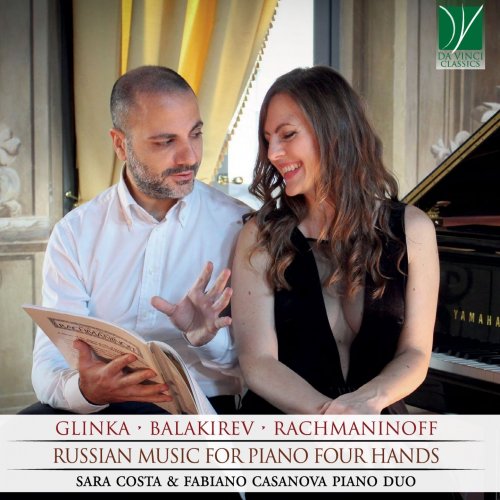

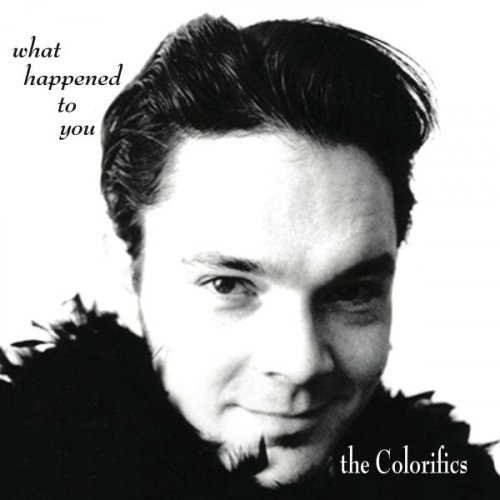
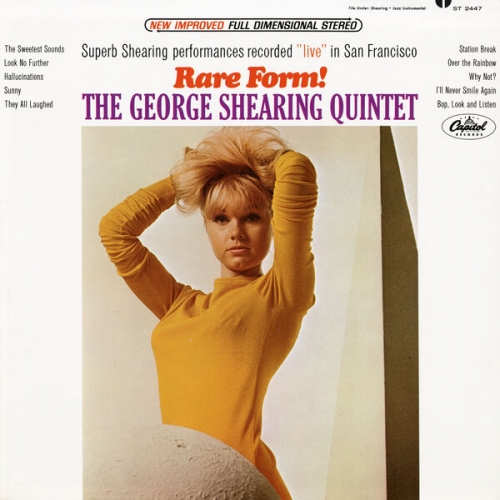

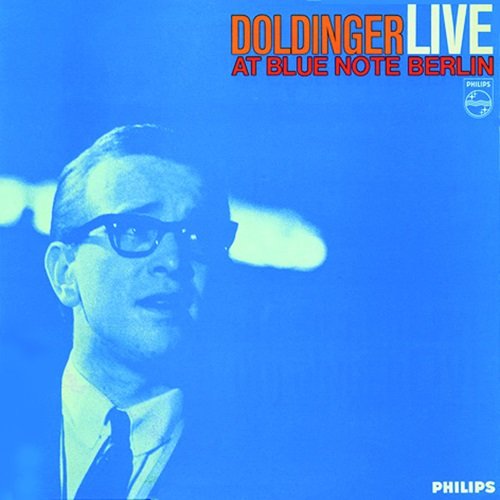
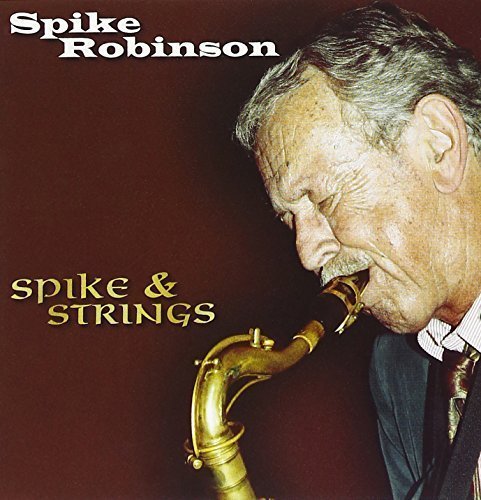

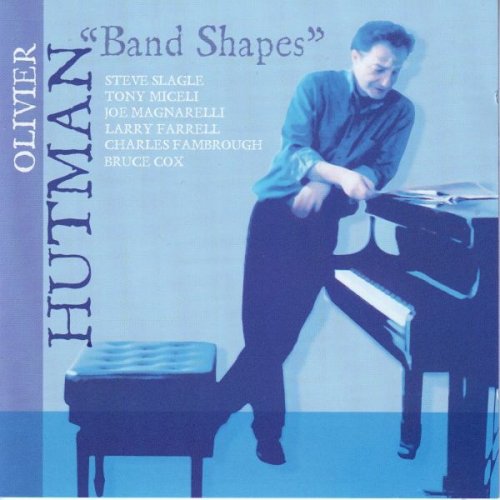
![Samir Aouad - Casablanca (2026) [Hi-Res] Samir Aouad - Casablanca (2026) [Hi-Res]](https://img.israbox.com/img/2026-02/26/cpef8nay7or1kmufgugfd6uy0.jpg)
